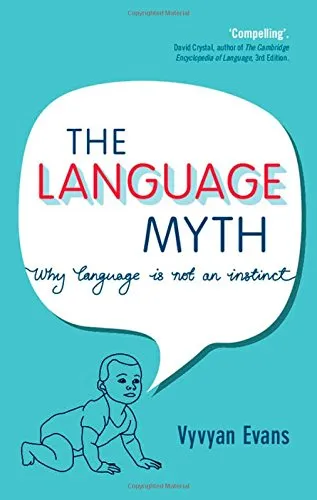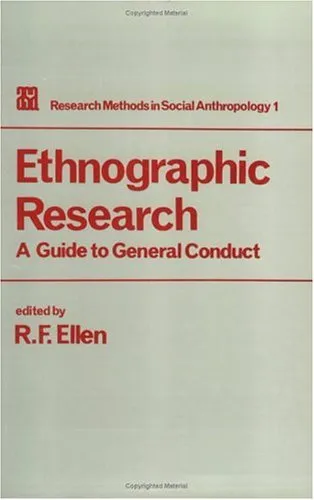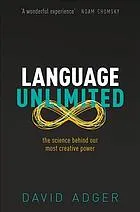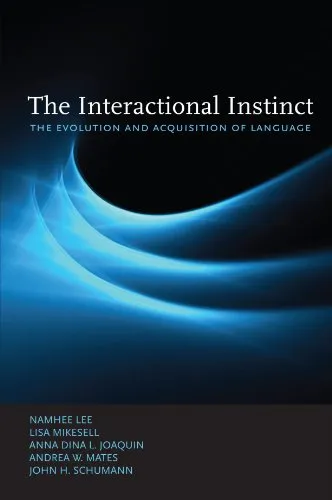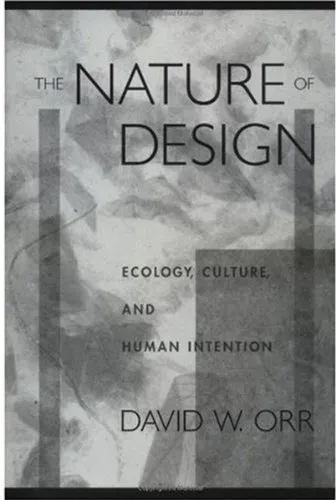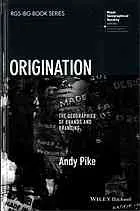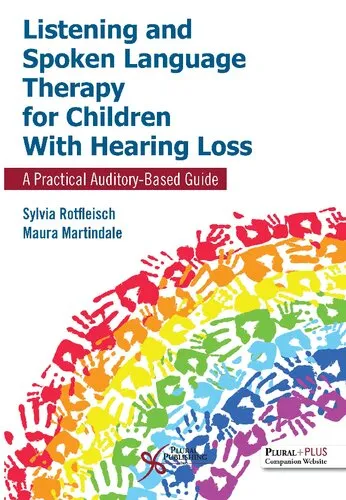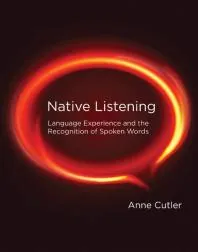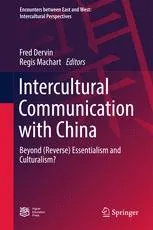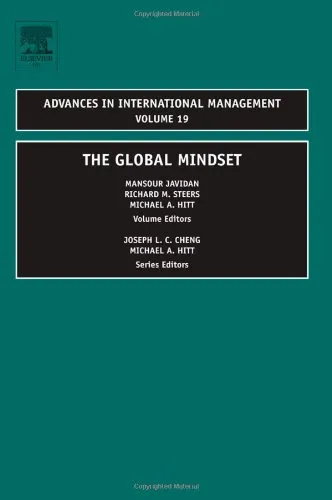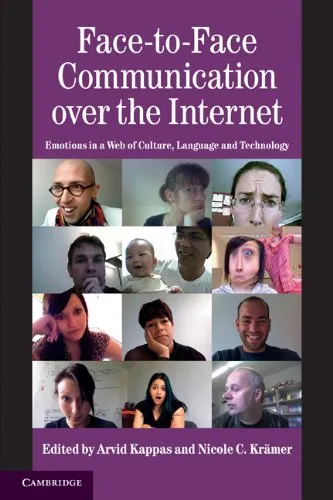The Language Myth: Why Language Is Not an Instinct
4.0
بر اساس نظر کاربران

شما میتونید سوالاتتون در باره کتاب رو از هوش مصنوعیش بعد از ورود بپرسید
هر دانلود یا پرسش از هوش مصنوعی 2 امتیاز لازم دارد، برای بدست آوردن امتیاز رایگان، به صفحه ی راهنمای امتیازات سر بزنید و یک سری کار ارزشمند انجام بدینکتاب های مرتبط:
معرفی کتاب: The Language Myth: Why Language Is Not an Instinct
کتاب The Language Myth: Why Language Is Not an Instinct نوشتهی ویویان اوانز به عنوان یکی از برجستهترین آثار در حوزه زبانشناسی شناخته میشود. این کتاب به موضوعاتی میپردازد که نهتنها برای زبانشناسان بلکه برای تمام کسانی که به مسائل شناختی و بنیانهای زبان علاقهمند هستند، جذاب است. او در این اثر به نقد مستقیم نظریه "زبان بهمثابهی غریزه" میپردازد و دیدگاه خاص خود را جایگزین نظریهی "Instinct to Language" نوآم چامسکی و سایر نظریهپردازان میکند.
خلاصهای از کتاب
در کتاب The Language Myth، ویویان اوانز به بررسی مفصل باورهای عمومی و علمیای که در رابطه با زبان انسان وجود دارد، میپردازد. یکی از برجستهترین وجوه این کتاب، بازبینی این ایده است که زبان یک "استعداد ذاتی" یا حتی نوعی "ژنتیک مشترک" در تمام انسانهاست. بر اساس دیدگاه نویسنده، توانایی زبانآموزی به شکلی که عمیقاً با تجربهی زندگی و تعاملات اجتماعی مرتبط است، توسعه مییابد. اوانز تلاش میکند نشان دهد علت اصلی یادگیری زبان، نه وجود یک سیستم از پیش تعبیهشده در ذهن انسان، بلکه تجربه و پیوندهای اجتماعی است که زبان را ممکن میسازد.
نکات کلیدی کتاب
- نقد و بررسی مستقیم نظریه "Universal Grammar" پیشنهادی نوآم چامسکی
- تمرکز بر تعاملات اجتماعی و فرهنگی بهعنوان پایه اصلی تسلط بر زبان
- اهمیت تجربه و محیط در تعیین نحوه رشد مهارت زبانی
- رد این ایده که مغز انسان دارای یک بخش خاص و مجزا برای زبان است
جملات برجسته از کتاب
"Language is not hardwired into our brains; it's wired into our interactions."
"The myths about language reveal more about ourselves than the truth."
"Without context, there is no meaning; language lives through us, not despite us."
چرا این کتاب اهمیت دارد؟
کتاب The Language Myth از جهات مختلفی دارای اهمیت است. این اثر یک نقطهعطف در تقابل با نظریههای رایج در حوزهی زبانشناسی شناختی است. این کتاب به هر دو پرسش علمی و فلسفی پاسخ میدهد و برای کسانی که در جستجوی درک عمیقتر از زبان و تواناییهای انسانی هستند، منبعی ضروری است. نگاه نویسنده تنها به زبان محدود نیست؛ بلکه او نگاهی جامع و مرتبط با سایر حوزههای انسانی و اجتماعی دارد. این کتاب همچنین به ما کمک میکند تا اثر تعاملات فرهنگی، تاریخی و اجتماعی را بر ساختار زبان بهتر بفهمیم.
Introduction to 'The Language Myth: Why Language Is Not an Instinct'
Written by Vyvyan Evans, 'The Language Myth: Why Language Is Not an Instinct' challenges one of the most entrenched ideas in modern linguistics—the notion that language is an innate, instinctual ability governed by a universal grammar hardwired into the human brain. In this groundbreaking book, Evans takes aim at the influential theories of Noam Chomsky and Steven Pinker, arguing instead for a richer, more nuanced understanding of how humans acquire and use language. By drawing on contemporary research across multiple disciplines, Evans demonstrates that language is a product of cultural evolution, cognitive development, and social interaction rather than a pre-installed "module" in the brain.
With clear explanations, compelling evidence, and an engaging tone, the book is accessible to readers without prior expertise in linguistics, as well as those within the field who are eager to reconsider established dogmas. Evans explores key topics like the myth of universal grammar, the cognitive basis of language, and how real-world studies in linguistics and neuroscience undermine the "instinct" hypothesis. The book offers a powerful alternative to the reductive view of language as a biological given, revealing the flexibility, creativity, and cultural specificity of human communication.
Whether you're passionate about the sciences of the mind, intrigued by how language shapes human cognition, or simply curious about what language reveals about us as a species, The Language Myth will leave you both enlightened and inspired to see language in a new light.
Detailed Summary of the Book
The core thesis of The Language Myth is that language is not, as claimed by Chomsky and his followers, an innate "instinct" with a preconfigured universal grammar. Instead, Evans posits that language is shaped by usage, learning, culture, and the human brain's capacity for general cognition. The book dismantles the central claims of the "language instinct" hypothesis, focusing on the lack of empirical evidence for universal grammar and the widespread cross-linguistic variation that defies such a model.
Evans organizes his critique into several key sections. First, he debunks the idea that language acquisition in children supports the idea of an instinct. Instead, he highlights the importance of environment, cultural transmission, and gradual learning processes. He also delves into neuroscience, showing how no specific brain "module" is solely responsible for language. The brain, Evans argues, works in tandem with broader cognitive and social abilities to make language possible.
Another pivotal section of the book addresses cross-linguistic evidence. Evans demonstrates that languages worldwide vary significantly in syntax, morphology, and expression, making the notion of a universal grammar untenable. He explores examples of linguistic diversity to emphasize how humans adapt language to their social and cultural needs, rather than being constrained by biological presets.
By weaving together evidence from psychology, anthropology, linguistics, and neuroscience, Evans offers a compelling alternative perspective: language evolves culturally and is intimately tied to other cognitive processes. Ultimately, the book leaves readers questioning not only the "language instinct" but how we understand human cognition more broadly.
Key Takeaways
- Language is not an innate "module" in the brain but a complex product of culture, cognition, and social interaction.
- The concept of a universal grammar lacks empirical support and fails to account for the rich diversity of languages around the world.
- Neuroscience does not substantiate claims of a dedicated, hardwired brain mechanism for language.
- Language acquisition in children is better explained through environmental interactions, learning processes, and cognitive flexibility than by innate instincts.
- Refuting the "language instinct" idea has implications for how we understand human cognition, learning, and cultural evolution.
Famous Quotes from the Book
"Language is not a distinct instinct. It is an ingenious cognitive tool that we construct collectively, shaped by the cultures we create and the experiences we share."
"The diversity of human languages is not merely noise to be filtered out; it is the signature of human creativity at play."
"To call language an instinct is to trivialize the remarkable ingenuity and adaptability of human communication."
Why This Book Matters
'The Language Myth' is a crucial read for anyone interested in understanding the true origins and nature of language. For decades, Chomskyan linguistics dominated the field, presenting language as an innate feature of the human brain. By questioning this orthodox view, Vyvyan Evans opens the door to a richer, more dynamic understanding of how language truly works.
The book matters not only for its scientific significance but also for its broader implications. By revealing the cultural and cognitive underpinnings of language, Evans highlights humanity's unique capacity for creativity, collaboration, and social learning. The book invites linguists, educators, psychologists, and general readers to reconsider long-held beliefs and embrace a more holistic view of human communication.
In a time when interdisciplinary research is reshaping our understanding of the brain and mind, 'The Language Myth' stands as a vital contribution to the conversation, equipping readers to think critically about language and its role in shaping what it means to be human.
دانلود رایگان مستقیم
شما میتونید سوالاتتون در باره کتاب رو از هوش مصنوعیش بعد از ورود بپرسید
دسترسی به کتابها از طریق پلتفرمهای قانونی و کتابخانههای عمومی نه تنها از حقوق نویسندگان و ناشران حمایت میکند، بلکه به پایداری فرهنگ کتابخوانی نیز کمک میرساند. پیش از دانلود، لحظهای به بررسی این گزینهها فکر کنید.
این کتاب رو در پلتفرم های دیگه ببینید
WorldCat به شما کمک میکنه تا کتاب ها رو در کتابخانه های سراسر دنیا پیدا کنید
امتیازها، نظرات تخصصی و صحبت ها درباره کتاب را در Goodreads ببینید
کتابهای کمیاب یا دست دوم را در AbeBooks پیدا کنید و بخرید
1319
بازدید4.0
امتیاز0
نظر98%
رضایتنظرات:
4.0
بر اساس 0 نظر کاربران
Questions & Answers
Ask questions about this book or help others by answering
No questions yet. Be the first to ask!
